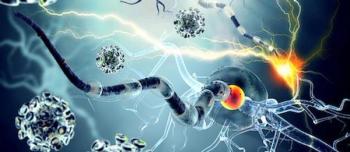
FDA officials are warning that stopping treatment with the multiple sclerosis (MS) drug fingolimod (Gilenya) can cause severe worsening.

FDA officials are warning that stopping treatment with the multiple sclerosis (MS) drug fingolimod (Gilenya) can cause severe worsening.

Stopping treatment with fingolimod (Gilenya) can cause the disease to become much worse than before the medicine was started or while it was being taken, FDA officials warned.

New study finds that ocrelizumab (Ocrevus) has the capability to reduce risk of upper extremity disability progression in patients with primary progressive multiple sclerosis (PPMS).

Top news of the day from across the health care landscape.
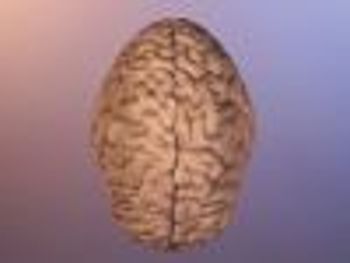
Study explores the effect of microglia dysregulation on progression of neurodegeneration in disorders such as Alzheimer disease and amyotrophic lateral sclerosis.

Certain environmental conditions, such as salinity and temperature, may incite structural changes in myelin sheaths.

New data from the investigational multiple sclerosis (MS) drug evobrutinib showed that the therapy reduced lesions and decreased annual relapse rates in patients with relapsing MS.
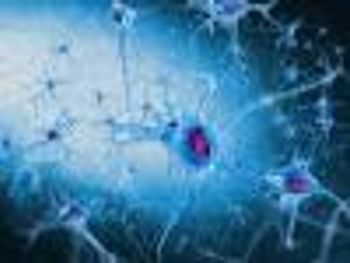
A post hoc analysis of clinical trial data showed oral ozanimod improved cognitive processing speed and reduced annualized relapse rates and MRI lesions in multiple sclerosis.

Phase 2 data for evobrutinib shows reduction in lesions and relapse rates in patients with multiple sclerosis.

Survey participants reported need for better education on how brain atrophy affects multiple sclerosis progression and cognitive loss.

Fingolimod (Gilenya) found to significantly reduce the annualized relapse rate compared with glatiramer acetate among patients with relapsing-remitting multiple sclerosis.
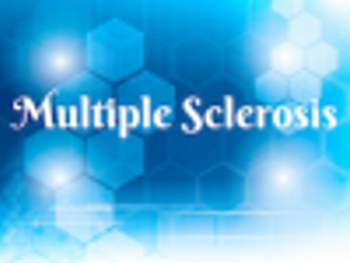
New 5-year data from phase 3 studies show that patients treated earlier with ocrelizumab (Ocrevus) had better outcomes on multiple measures of multiple sclerosis disease activity.
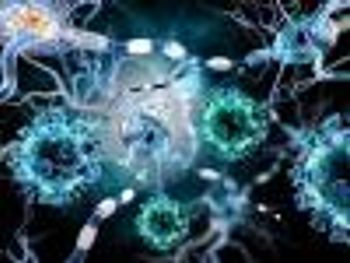
Siponimod is an oral, once-daily medication for the treatment of multiple sclerosis in adults.
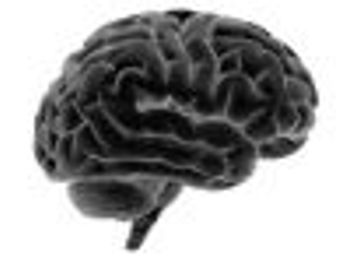
Efavirenz exposure (EVF) in utero is being linked to higher risk of neurologic abnormalities in infants and children.

Brain inflammation caused by critical illness and infection may lead to the observed reduction in brain volume.

Lymphatic vessels surrounding the brain may play a key role in the development and progression of multiple sclerosis.

The FDA did not identify any new or unexpected safety findings with pimavanserin (Nuplazid), nor findings that are inconsistent with the established safety profile currently described in the drug label.

The phase 3 PARADIGMS clinical trial is the first-ever study designed for children and adolescents aged 10 to 17 years old with relapsing forms of multiple sclerosis.

Patients with multiple sclerosis incur higher costs and experience lower health-related quality of life as their disability increases

Growth in midlife mortality includes conditions such as heart disease, liver cancer, pulmonary disease, obesity, and neurologic disorders.

Top news of the week from Specialty Pharmacy Times.
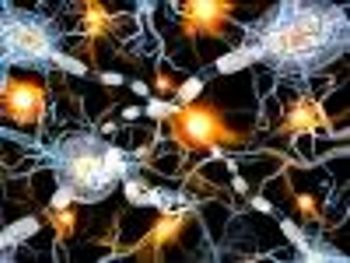
B cells activate T cells in the blood to cause inflammation and brain lesions in patients with multiple sclerosis.

Study shows a novel treatment approach that could prevent gene changes associated with the disease.

Top news of the day from across the health care landscape.

Treatment with ibudilast reduced the progression of brain atrophy in patients with progressive multiple sclerosis compared with a placebo.